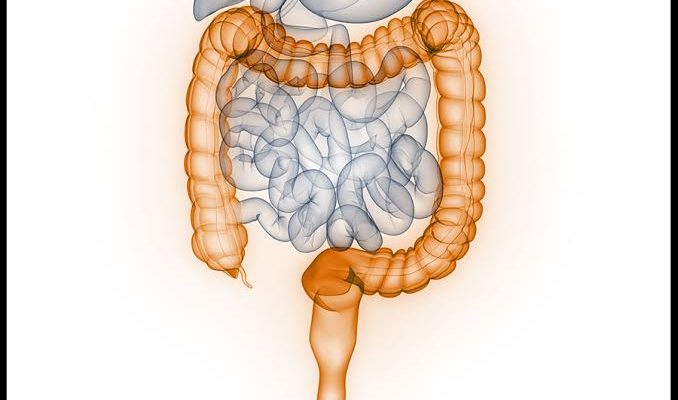Neurogenic bowel, also known as neurogenic bladder, is a condition that affects the bowels and bladder. The main symptom of neurogenic bowel is difficulty controlling your bowels or bladder. Other symptoms may include constipation or incontinence. Neurogenic bowel can be caused by a number of things, such as spinal cord injury, multiple sclerosis, and Parkinson’s disease. If you are experiencing any of the symptoms of neurogenic bowel, it is important to see a doctor for diagnosis and treatment. There are treatments available that can help you manage your condition and improve your quality of life.
Fecal impaction Treatment
If you are like most people, you have probably never heard of fecal impaction until now. But if you are unfortunate enough to experience it, you will want to learn everything you can about this condition and how to treat it. Fecal impaction is a serious medical condition that occurs when hardened stool accumulates in the rectum and prevents the passage of bowel movements. This can cause immense pain, discomfort, and even constipation. While fecal impaction can often be treated with simple lifestyle changes and medications, in some cases more aggressive treatment may be necessary. This article will discuss the various treatment options for fecal impaction, so that you can get relief from this painful condition as quickly as possible.
Read Also: How Blog Writing Services Can Help Your Business
Treatment for neurogenic bowel dysfunction
Neurogenic bowel dysfunction (NBD) is a gastrointestinal disorder caused by damage to the nervous system. This can result in problems such as constipation, diarrhea, and incontinence. While there is no cure for NBD, there are treatments that can help improve symptoms. Treatment options include diet changes, medications, and surgery. In this post, we will explore the different treatment options for neurogenic bowel dysfunction. Neurogenic bowel dysfunction (NBD) is a condition that affects the bowels and can cause problems such as diarrhea, constipation, or incontinence. There is no one-size-fits-all treatment for NBD, but there are a number of things you can do to improve your symptoms. This post will discuss the different treatments available for NBD and highlight some of the best ways to manage your symptoms.
Bowel dysfunction Treatment
Did you know that there are treatments for bowel dysfunction? Bowel dysfunction can include constipation, diarrhea, and abdominal pain. Treatment options depend on the cause of your Bowel dysfunction Treatment . If you are experiencing any of these symptoms, speak to your doctor about the best treatment option for you. There are many possible treatments, including diet and lifestyle changes, medications, and surgery. Speak to your doctor to find the best treatment for you. Neurogenic bowel dysfunction (NBD) is a gastrointestinal disorder caused by damage to the nervous system. This can result in problems such as constipation, diarrhea, and incontinence. While there is no cure for NBD, there are treatments that can help improve symptoms. Treatment options include diet changes, medications, and surgery. In this post, we will explore the different treatment options for neurogenic bowel dysfunction. IBS. Colitis. Crohn’s disease. These are just a few of the bowel diseases that can cause immense discomfort and disruption in people’s lives.



